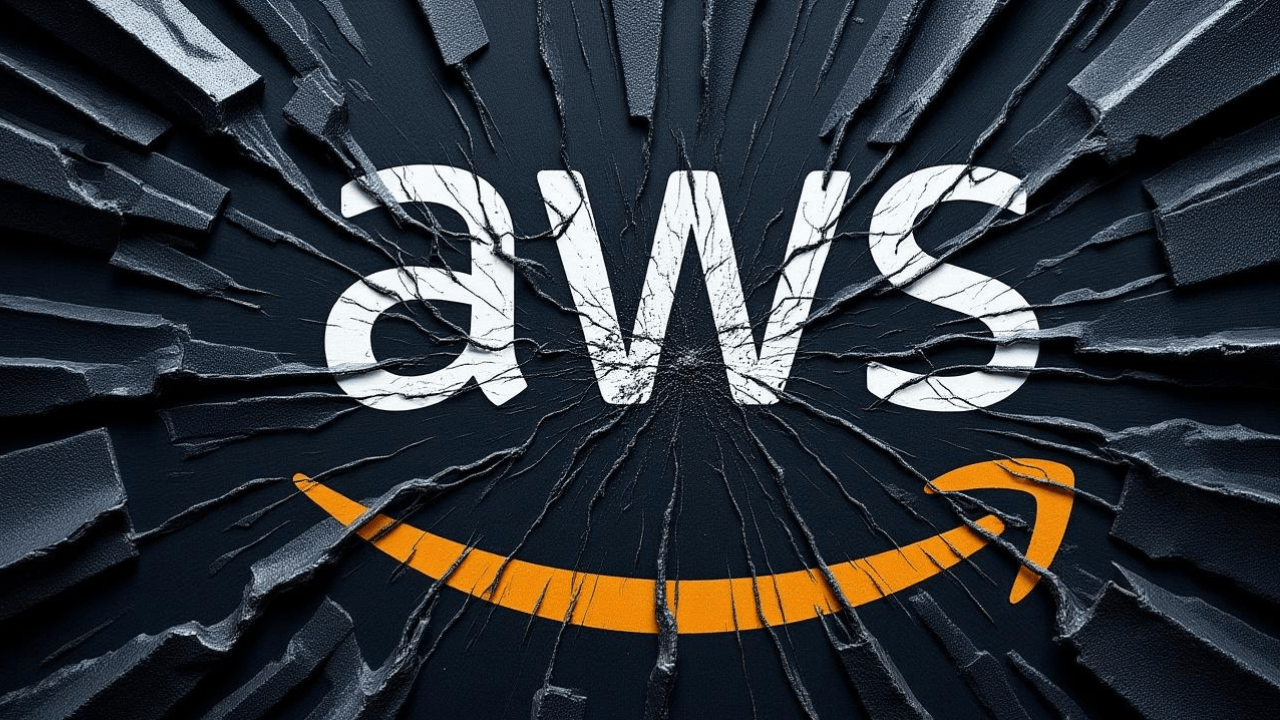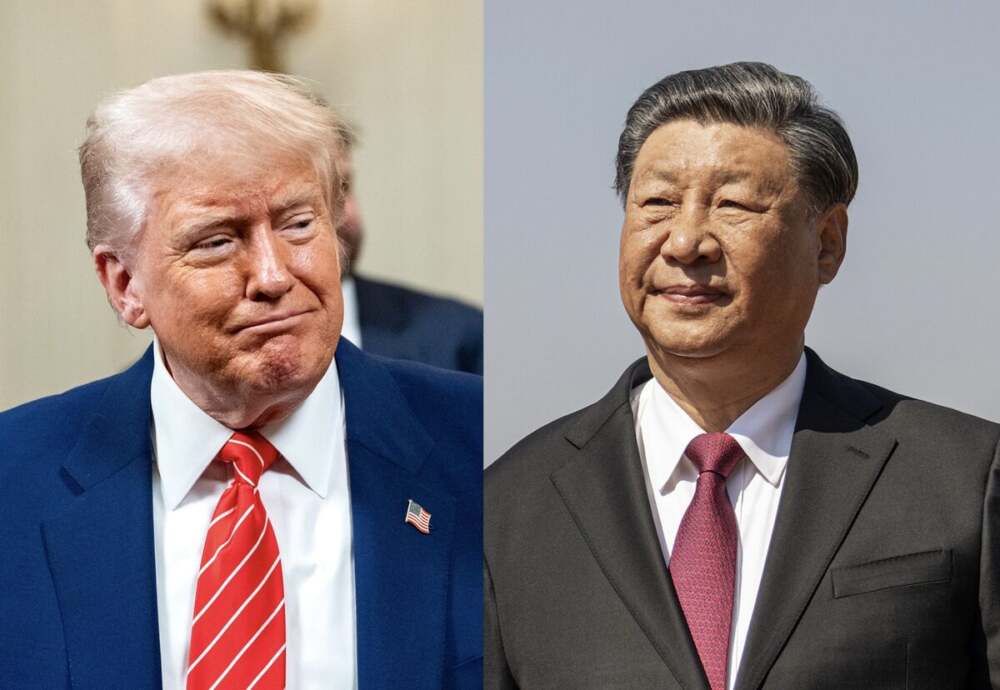New York — Zero Hash, a fast-growing financial technology startup specializing in digital asset infrastructure, has raised $104 million in new funding from a consortium of major investors, including Morgan Stanley, SoFi, and Apollo Global Management. The move underscores the increasing appetite among established financial players to deepen their presence in the digital finance and cryptocurrency ecosystem.
What Zero Hash Does
Zero Hash provides the “plumbing” that allows financial institutions and fintech platforms to seamlessly integrate crypto and other digital asset services for their customers. Its software handles custody, settlement, regulatory compliance, and transaction reporting — essentially allowing companies to offer crypto trading and related products without building the technology themselves.
The firm has become a key player in embedded finance, working with brokerages, banks, neobanks, and payment platforms to integrate digital assets into their existing services. This approach has attracted high-profile clients in both the fintech and institutional investment space.
Significance of the Funding
- Morgan Stanley’s participation represents one of the most high-profile endorsements of Zero Hash to date, signaling confidence from a Wall Street giant in the company’s infrastructure model.
- SoFi, already active in retail investing and crypto services, is expected to leverage Zero Hash’s technology to expand its product offerings.
- Apollo Global Management, a heavyweight in asset management, adds institutional strength and signals interest in digital assets as part of mainstream financial services.
The $104 million funding round gives Zero Hash a significant capital boost to scale operations, expand internationally, and further invest in compliance and security infrastructure.
Market Context
The investment comes at a time when:
- Traditional finance and crypto continue to converge. Despite regulatory challenges, financial institutions are increasingly exploring digital assets to meet customer demand.
- Regulatory uncertainty in the U.S. has created hurdles for many startups. Zero Hash’s compliance-focused approach has helped it stand out as a trusted provider for regulated entities.
- Competition is heating up. Several fintech infrastructure firms are racing to secure partnerships with banks and platforms, but Zero Hash’s ability to attract high-level backers sets it apart.
CEO’s Vision
Zero Hash CEO Edward Woodford emphasized that the new funding will accelerate the company’s global growth and allow it to support more institutions seeking to integrate digital asset products. He noted that “financial services are undergoing a structural shift,” and that embedded crypto functionality is becoming as essential as traditional banking features.
Woodford also highlighted the importance of regulatory readiness in gaining trust from both clients and investors, framing Zero Hash as a long-term player rather than a speculative venture.
Broader Implications
- The deal reflects how crypto is moving from niche trading platforms into mainstream finance, embedded directly within services consumers already use.
- By working behind the scenes, Zero Hash positions itself as a critical layer of infrastructure that could become indispensable as adoption grows.
- The company’s success story may inspire similar fintech startups to pursue partnerships with traditional finance rather than competing directly.
Looking Ahead
Zero Hash plans to use the fresh capital to:
- Expand across Europe, Asia, and Latin America.
- Develop new products, including tokenization services and broader digital asset support.
- Strengthen cybersecurity measures to guard against the rising threat of hacks and breaches in the fintech sector.
As Wall Street firms, retail platforms, and asset managers all look for ways to integrate digital assets into their offerings, Zero Hash is positioning itself at the center of this financial evolution. With $104 million in new funding and powerful institutional backing, the startup is signaling that the future of finance is not about replacing banks — but empowering them with digital innovation.
















Leave a Reply